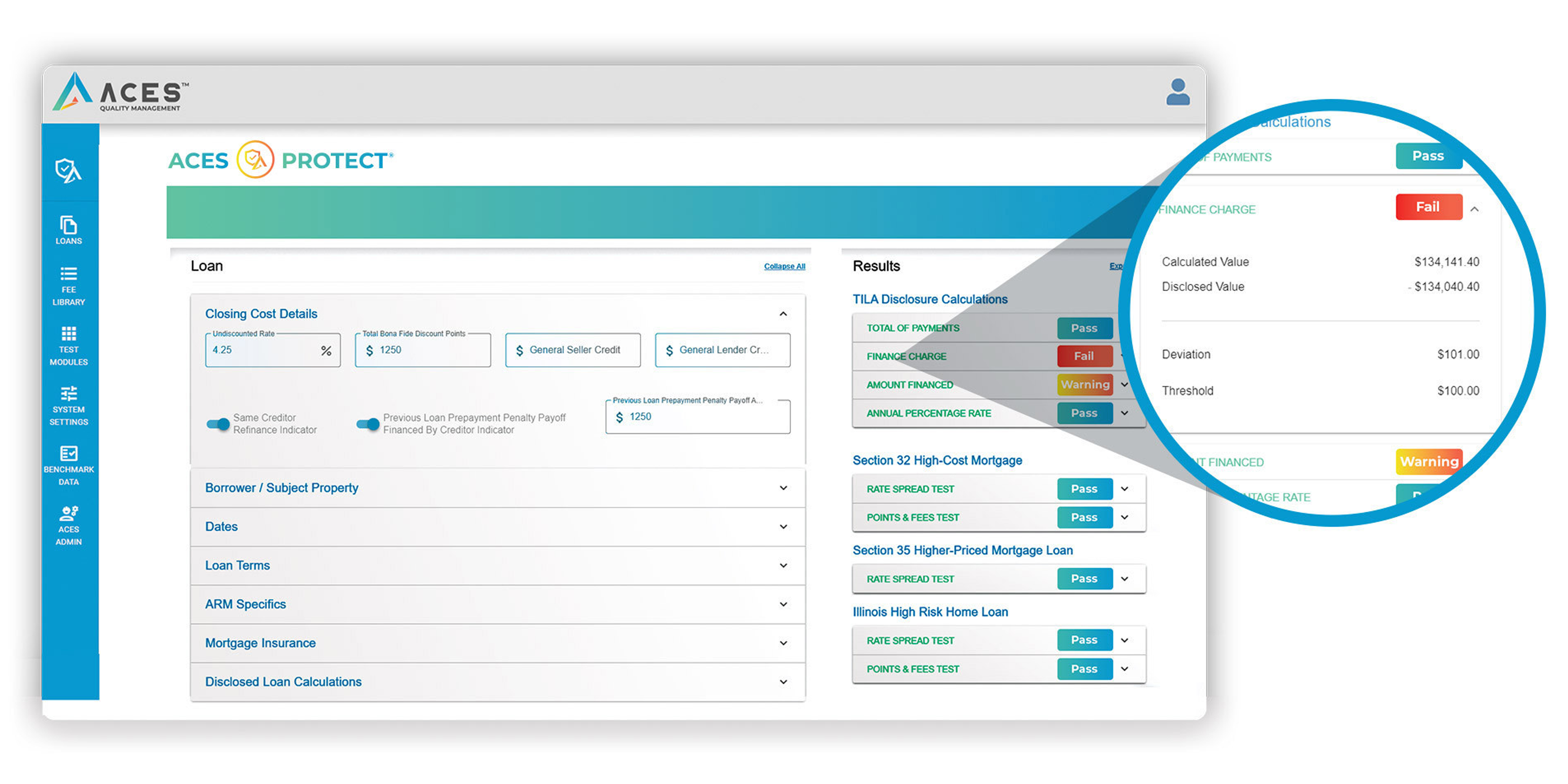Bankers Advisory, Compliance Monitor--Zachary Pearlstein
The state of Wisconsin recently amended various provisions relating to the identification and location of information assigned to documents filed or recorded in the county register of deeds office, effective immediately. Several of the updates are as follows:
Legal Description of Property
One of the updates relates to the legal descriptions of property in the state’s real estate records. It explains that any document submitted for recording or filing that is to be indexed in the real estate records (or any document submitted for recording or filing that modifies an original mortgage or land contract, or and any document submitted for recording or filing that is a subordination agreement) must contain the full legal description of the property to which the document relates if the document is intended to relate to a particular parcel of land. The legal description may be included on the document or may be attached to the document. The document must also contain the document number of any original mortgage or land contract that the document affects, and if given on the original mortgage or land contract, the volume and page where the original mortgage or land contract is recorded or filed.
Indexing of Organizational Documents
Another update relates to the indexing of organizational documents. The provisions mandate that the state register keep an index of all organizational documents of corporations, fraternal societies, religious organizations, associations, and other entities, and all amendments of the documents that are allowed or required by law to be filed or recorded in the register’s office. The index must be searchable by the name of the corporation or organization, and must contain a reference to the document number of the organizational document or amendment, and if given on the document, the volume and page where the organizational document is filed in the register’s office.
Assignments, Satisfactions, Partial Releases and Subordination of Mortgages
With regard to assignments, satisfactions, partial releases, and subordinations of mortgages, the provisions state that the index must contain the document number of the original mortgage instrument and, if given on the original mortgage instrument, the volume and page where the original mortgage instrument is recorded or filed whenever the original mortgage instrument is referenced on the assignment, satisfaction, partial release, or subordination.
Affidavits of Correction of Previously Filed Documents
In the case of affidavits of correction of previously filed or recorded documents, the updates explain that the register of deeds must include on the previously filed or recorded document a notation of the document number of the affidavit of correction, the date when the affidavit of correction is filed or recorded, and if the affidavit of correction is assigned a volume and page number, the volume and page where the affidavit of correction is filed or recorded.
Eminent Domain Records
Another update indicates that the register of deeds must enter an abstract of all eminent domain proceedings. The abstract must substantially contain the facts as to the filing of a notice of lis pendens, the date of filing, the description, the court in which or the body before whom the proceeding is pending, the result of the proceedings, the action taken, and the date of the action and shall briefly state all of the essential facts of the proceeding. The index to the record must make reference to the document numbers assigned, and if volume and page numbers are assigned, the volume and page where the abstracts are filed or recorded.
Marginal References
The provisions also state that the register of deeds of any county having a population of 500,000 or more who has copied a document by microphotography, microfilm, optical imaging, or electronic formatting that is accepted for recording or filing, must also, as a substitute for required marginal references, prepare an index for documents of ancillary nature for which marginal references are required. The register of deeds must prepare and maintain the index for ancillary documents to show the document number, and if given, the volume and page of the original recording or filing.
The full text is available below:
https://docs.legis.wisconsin.gov/2017/related/acts/102
Tags: Wisconsin, State Mortgage Compliance | Comments Off on Wisc




